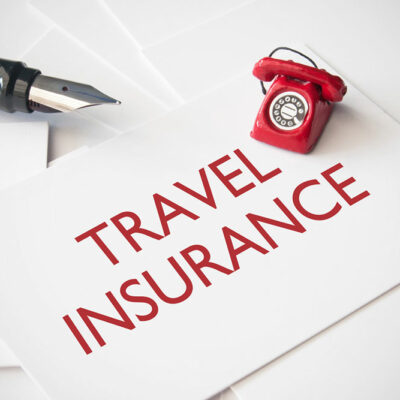
6 mistakes to avoid when choosing a financial adviser
Navigating the world of financial investments and taxes, especially without guidance, can be daunting. It is not only tough to grasp all the terms and processes, but it is also a time-consuming task. So, it is advisable for one to hire a financial or tax adviser who can handle these tasks for them. When choosing a financial adviser, it is important to consider certain factors and avoid some mistakes to ensure hiring the right experts. Not seeking recommendations When looking to hire a financial or tax adviser, often, the first instinct is to explore online. While that is not exactly a mistake, searching for a financial adviser on the web can definitely be tedious. One would need to do a lot of research to make sure that they are hiring the right, reliable adviser for their financial decisions. This is why looking for a tax adviser on the Internet can be one’s Plan B. Plan A should be seeking recommendations from one’s friends, colleagues, family members, or anyone they trust and respect. If any of these people already have a reliable financial adviser, one will be in luck. It can help one save a lot of research time. But, it is also advisable to ask the person giving a referral a few questions about the financial adviser.
Read Article 







